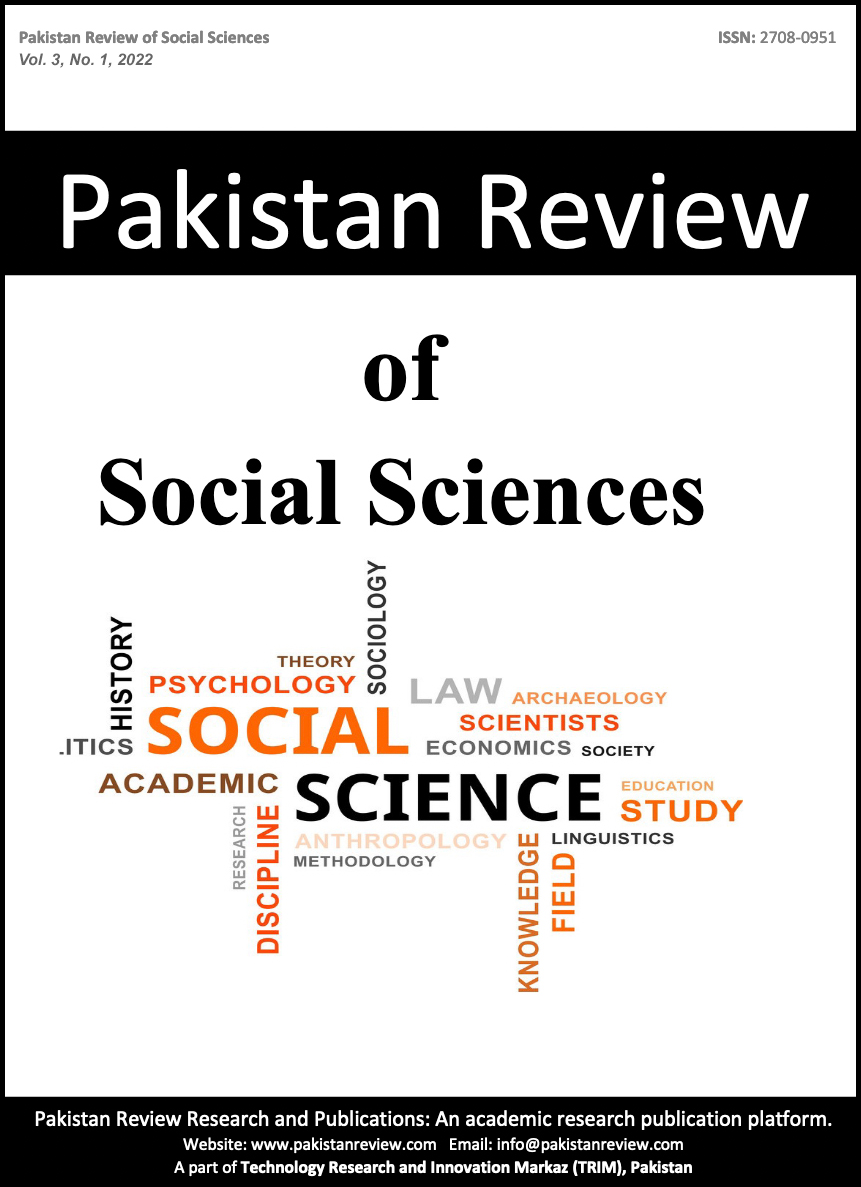Continued hostilities between Russia and Ukraine (2015-2022)
Abstract
Ukraine and Russia have strong historical, cultural, and political links, and Ukraine is crucial to Russia's identity and conception of its place in the world. Strong, centuries-old familial links exist between Russia and Ukraine. According to the 2001 census, over 8 million ethnic Russians lived in Ukraine, mostly in the south and east. Moscow's actions in Crimea and Donbass in 2014 were justified by the need to protect these individuals. In hegemonic power mentality shows Numerous Russian politicians thought that the split concerning Ukraine a mistake in history or a Russia's status in risk of a significant player once the dissolution of the Soviet Union. irreversible loss of control over Ukraine, allowing it to enter the Western sphere of influence would be viewed by several serious damage to Russia's reputation abroad. Until all goals are accomplished the Soviet military protest movement in Ukraine will keep going. Saving the lives and health of the Russian army and removing risks to civilians is the top priority. After completely liberating the Luhansk People's Republic's territory, the Russian army never ceased. The special military operation won't stop until all the duties are accomplished. This war is still continuing weapons and drone attacks continue to strike Ukraine's residential structures and electricity supplies. The situation in the particular forces Operations area can be considered as uncomfortable, with the Kherson region's deputy administrator, chosen by Russia saying the battle for control of the area will begin in the very near future.
Downloads
Published
Issue
Section
License
Copyright (c) 2023 Anum Naz

This work is licensed under a Creative Commons Attribution 4.0 International License.
Submission declaration
Authors retain the copyright to their work and grant the Pakistan Review of Social Sciences (PRSS) the right of first publication under a Creative Commons Attribution 4.0 International (CC BY 4.0) license. This license allows others to share, adapt, and reuse the work for any purpose, including commercial use, as long as appropriate credit is given to the original authors and the journal.
By submitting a manuscript, authors confirm that the work has not been published previously (except as an abstract, lecture, or academic thesis), is not under review elsewhere, and has been approved by all authors and relevant authorities. Once accepted, the article will be openly accessible under the CC BY 4.0 license, ensuring wide dissemination and reuse with proper attribution.






